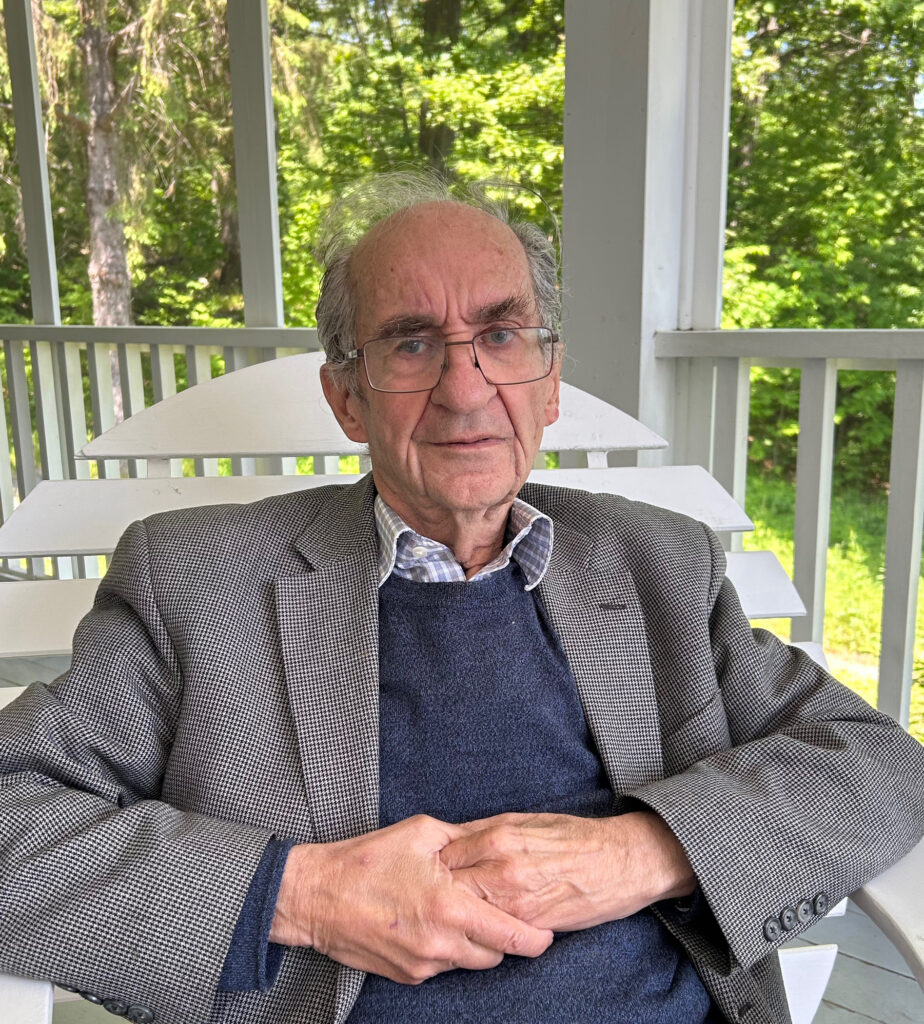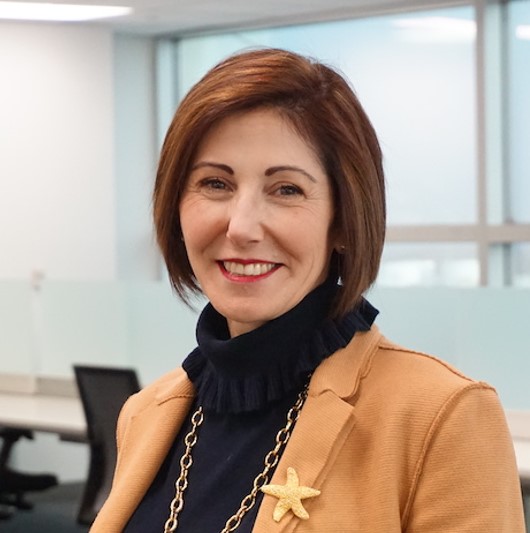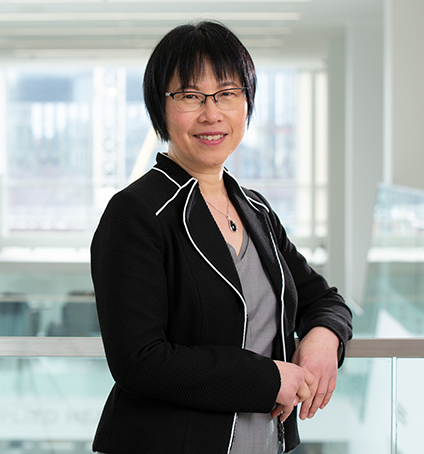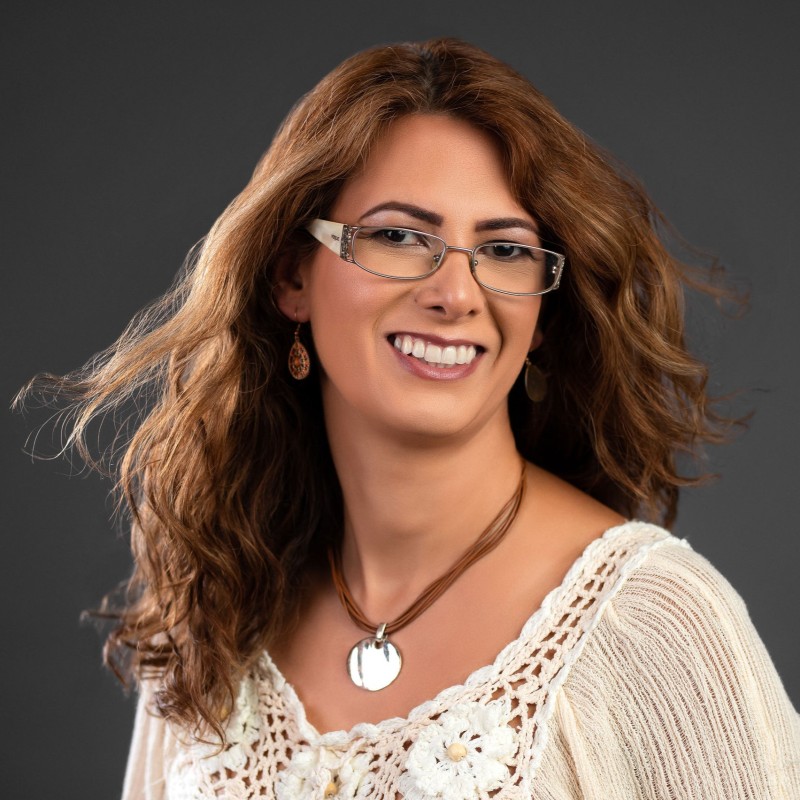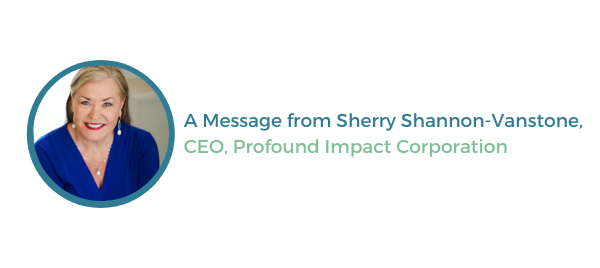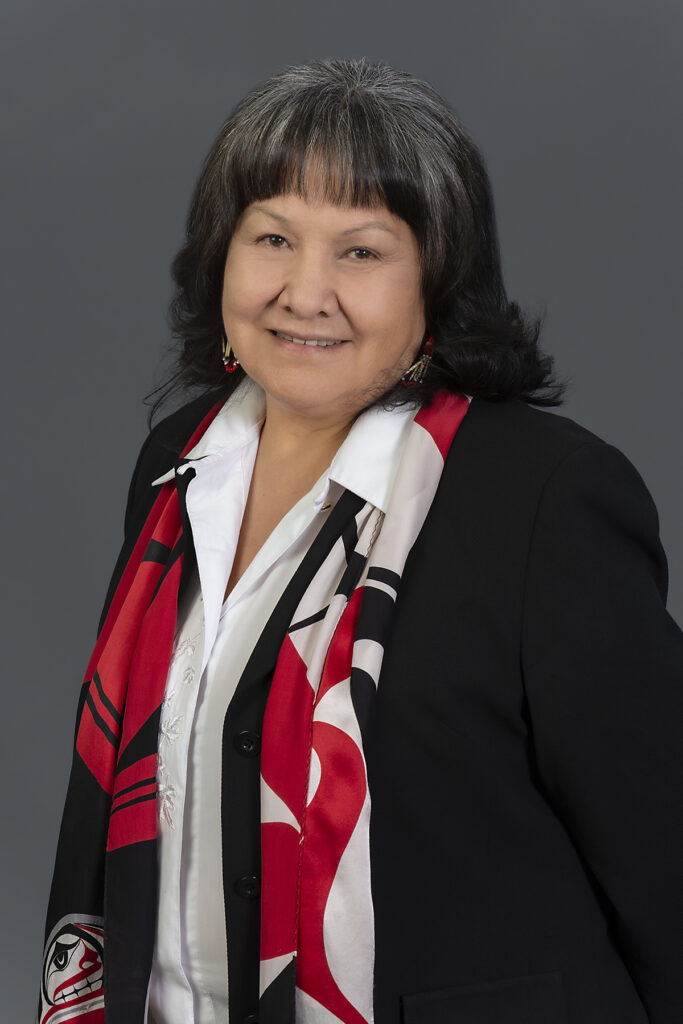Research Spotlight: Canada’s Computer Animation Innovations

Toy Story. Up. Monsters Inc. Shrek. Finding Nemo. WALL-E. Ice Age. The Incredibles. Ratatouille. Cars. Frozen. Inside Out. These fully computer-animated feature films have been nominated for and won Academy Awards and have transformed animation from a medium previously reserved for Saturday morning cartoons to one used by filmmakers to tell stories for people of all ages. Canadian researchers and software companies have played a significant role in developing the tools used by animators to tell those stories. Many of those animators are graduates of renowned computer animation programs from colleges and universities across Canada.
Canadian Firsts
As noted in this month’s Impact Story, the first fully computer-animated film was not produced by a Hollywood studio, but by the National Film Board of Canada. Hunger/La Faim was directed by Hungarian-born Peter Foldes using technology invented by two Canadians: Nestor Burtnyk, an electrical engineer and Dr. Marceli Wein, a physicist. After its release in 1974, Hunger/La Faim was nominated for an Academy Award, in the Animated Shorts category and received many other international film awards including the Prix du Jury at the Cannes Film Festival. In 1997, Wein and Burtnyk received Technical Academy Awards in recognition of the impact of their work on computer animation in the film industry.
In 1984, The Adventures of André & Wally B., a computer-animated short produced by the Lucasfilm Computer Graphics Project, the predecessor of Pixar, was released at the annual SIGGRAPH computer graphics conference and sparked the film industry’s interest in computer-generated films. The technical lead for the film was Bill Reeves, a founding member of Pixar and a graduate of the Faculty of Mathematics at the University of Waterloo and the Dynamic Graphics Project at the University of Toronto.
Groundbreaking research and technology
The Computer Graphics Lab at the University of Waterloo and the Dynamic Graphics Project at the University of Toronto are two of the most influential computer graphics research laboratories in Canada.
Kellogg S. (Kelly) Booth joined the Computer Science Department at the University of Waterloo in 1977 and John Beatty in 1978, and in 1979, they began a research group in Computer Graphics and Interaction. Together with Richard Bartels who joined the department in 1981, they formed the Computer Graphics Laboratory (CGL), one of the first in Canada. Marceli Wein was an adjunct professor of computer science in the lab.
Graduates of CGL, including Rob Krieger and Paul Breslin, would go on to win Academy Awards.
The Dynamic Graphic Project (DGP) at the University of Toronto was founded in 1967 by Leslie Mezei. In 1972, He was joined by Ron Baecker, who coined the name Dynamic Graphics Project in 1974. DGP’s alumni are now on faculty at top universities around the world and at major industrial research labs, and, like Bill Reeves, have won Academy Awards for their ground-breaking work.
Tony de Peltrie, the first computer graphics animated character with synchronized speech, was first shown at the SIGGRAPH conference in 1985. The short film, which was produced by four young programmers at the University of Montreal, shows the first animated human character to express emotion through facial expressions and body movements and received more than 20 international awards. John Lasseter said about the film, “Years from now Tony de Peltrie will be looked upon as the landmark piece, where real, fleshy characters were first animated by computer.”
Daniel Langlois, one of the creators of Tony de Peltrie, was an artist and programmer trained as a designer and computer animator for film. After the completion of the film, Langlois founded the company Softimage in Montreal. Softimage’s 3D animation package became an industry-standard in the 1990s, used by major visual effects studios and in films including The Matrix and Jurassic Park. Softimage was also used extensively in the computer gaming industry and the company, along with Tony de Peltrie, is credited as one of the reasons Montreal has become one of the global centers of the computer gaming industry.
Recognition of the quality of computer animation by the film industry first came in 1988, when Pixar’s Tin Toy, became the first computer-animated film to receive an Academy Award. And history was made again in 1991 when computer-generated image (CGI) backgrounds were fully integrated with hand-drawn animated characters using software from Toronto’s Alias Research in the ballroom scene in Beauty and the Beast.
Alias Research was founded by Stephen Bingham, Nigel McGrath, Susan McKenna and David Springer in 1983 with initial funding from scientific research tax credits, the founders’ personal funds, and a $61,000 grant from Canada’s National Research Council. Alias 1, the company’s first software package, was released in 1985 and in 1989, Alias 2 was used to produce The Abyss, which won the Academy Award for Best Visual Effects. In 1990, Alias’ PowerAnimator software was used to produce Terminator 2: Judgment Day, which won the Academy Award for Best Visual Effects in 1991. Alias’ industry standard product, the 3D modeling and animation package, Maya, was delivered in 1998 and is recognized as the world’s premier 3D animation software, used on every film winning the Best Visual Effects Academy Award since 1997.
Toronto is also home to Side Effects Software (SideFX), founded by Kim Davidson and Greg Hermanovic. Davidson and Hermanovic joined Omnibus, a pioneering company in the then-emerging world of computer graphics, in 1985 and immersed themselves in production by writing their own software and creating visual effects.
They founded SideFX in 1987 and released the PRISMS software package, which was succeeded by Houdini 3D animation software. Houdini is used by major visual effects companies and film studios for the creation of visual effects for films including Fantasia 2000, Frozen, Zootopia and Rio.
SideFX technology and developers, including Kim Davison, Greg Hermanovic, Paul Breslin and Mark Elendt, have been recognized by the Academy of Motion Pictures, Arts and Sciences five times for Houdini and its technology, in 1998, 2003, 2012, and in 2019, where SideFX received the Award of Merit. In 2019, SideFX was awarded a Technology & Engineering Emmy Award.
Developing the next generation of animators
In addition to producing award-winning films and industry-standard 3D animation software, Canadian colleges are renowned for their work in graduating some of the best practitioners in the visual effects and computer animation business.
Sheridan College in Ontario houses the Faculty of Animation, Arts & Design (FAAD), Canada’s largest art school. Sheridan animation alumni have a long history of success at the Academy Awards, including Domee Shi, the first female director of the Pixar short, Bao, which received the award for Best Animated Short in 2019.
The Ian Gillespie Faculty of Design + Dynamic Media at Emily Carr University of Art + Design (ECU) in British Columbia offers the Bachelor of Media Arts (BMA) Program with two animation streams: 2D + Experimental Animation and 3D Computer Animation. Graduates of these Animation BMA Programs have been recruited by major studios and organizations including DreamWorks Animation, Pixar, Industrial Light and Magic (ILM), Universal, and the National Film Board of Canada.
The Faculty of Art at Ontario College of Art and Design (OCAD U) in Toronto features an Experimental Animation Program that combines Contemporary Art with Augmented and Virtual Reality (AR/VR), 2D and 3D, Digital Compositing, and Stop Motion.
Université Laval in Quebec is home to the Faculty of Planning, Architecture, Art and Design (FAAAD), which houses the School of Design, where two courses of animation study include the Bachelor of Animated Arts and Science (BASA) and the Certificate in the Art and Science of Animation (CASA).
The School of the Arts, Media, Performance, and Design (AMPD) and Lassonde School of Engineering at York University in Toronto offer a Digital Media Arts (DMA) Program. Digital Media Arts is Ontario’s only degree program that integrates Art, Engineering, and Computer Science.
The School of Creative Arts & Animation at Seneca Polytechnic has several paths to study animation including the Animation Diploma and Graduate Certificates in 3D Animation and Game Art & Animation.
Moviegoers and animation lovers everywhere benefit from the ground-breaking accomplishments of award-winning Canadian computer scientists, artists, educators, and animators. Canada has made major contributions to the field of computer animation. From the production of the revolutionary Hunger/La Faim, to innovative research conducted in computer graphics labs in universities across the country, and software used by visual effects and film studios around the world, Canada is truly a major player in the world of computer animation.
Researcher Spotlight: Mark Jones
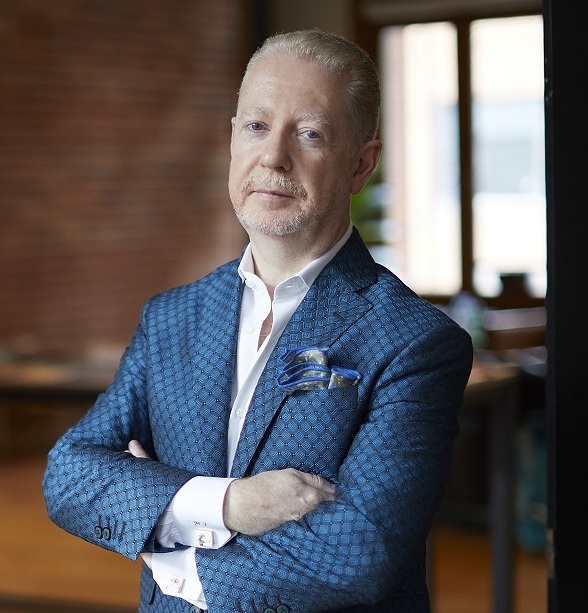
Digital Technology Educator, Writer and Producer Photo Credit: David Goldman
As a teenager in suburban Toronto in the 1980s, Mark Jones spent his evenings participating in rehearsals for school plays and musicals or avoiding homework by programming video games on his Atari 800 computer. Today, Mark is an award-winning 25-year veteran of the creative communications and digital technologies industries who has worked as a college teacher and administrator, producer, artist, and writer. And those high school interests have endured as themes in both his education and career paths.
Mark enrolled in the Theatre Program at York University, but left after two years when he understood that his future didn’t include a career as an actor. He joined Addison-Wesley, a publisher of textbooks and computer literature, where he received training in sales, customer service, marketing, and publicity. Mark also learned how to publish, which led to the launch of CyberStage Communications, a consumer arts magazine that he founded in 1994. CyberStage evolved from a printed publication, that Mark’s parents helped to place in bookstores across Toronto, to an internationally-available digital publication that featured original material that focussed on the intersection between art and technology.
In 2000, Mark shifted his focus to digital arts education in his role as Executive Director of OnTarget, an Ontario-wide initiative that provided career development and education support programs for the digital technologies industries. He also continued his studies by completing his undergraduate degree at York University and earning an M.A. in Communication and Culture from Toronto Metropolitan and York Universities.
Through OnTarget’s partnerships with colleges, Mark started to teach courses on Interactive Media Business and Interface Design on a part-time basis at Seneca College in 2001. Mark’s background and experience in education, media, animation, and digital content and his focus on the connection between art and technology led to positions as Coordinator of the school’s Animation Centre, Associate Chair, and now Chair of the School of Creative Arts and Animation, overseeing programs in animation, new media, graphic design, photography, acting and music.
Seneca’s program features a cross-disciplinary model that recognizes the changing conditions in the industry, with a focus on developing student ability in animation art for any specialization rather than for a specific type of production. Under Mark’s direction, Seneca has worked with industry to understand the need for graduates to have traditional art skills as their foundation. The School of Creative Arts and Animation at Seneca operates as art school that teaches animation using technology as appropriate rather than a school that teaches animation software. In addition to his role as Chair of the School of Creative Arts and Animation, Mark was also integral in founding and is Director of the Seneca Film Institute (SFI), which operates within Seneca’s Faculty of Communication, Art & Design. SFI will work with students across more than 30 programs, providing them with the skills and experiences that will allow them to thrive in Canada’s film industry.
From his participation in theatre and computer gaming as a high school student, to his studies in and writing about culture and communication, his work at OnTarget, and his successful career at Seneca as a teacher, producer, and administrator, Mark has been immersed in the digital media industry for decades. He is a founding board member of The Toronto Animation Arts Festival International (TAAFI) and was an executive producer of the animated short Subconscious Password, which won several awards including the Grand Prix at Annecy in 2013 and the Canadian Screen Award in 2014 for Best Animated Short. His work has been recognized by industry awards including the ITAC Hero of the Year Award and the Canadian New Media Award as Industry Advocate of the Year.
Mark is most proud of Seneca’s happy, successful students who talk about their experience at Seneca as delivering high-quality education, and, as importantly, a supportive community. Through his work at Seneca, he has played an extraordinary role in training animation and special effects professionals working around the world, including alumni who have worked on films including Coco, The Shape of Water, Toy Story 4, and Spider-Man: Into the Spider-Verse – all of which have won Academy Awards for animation or special effects.
Mark will continue his work in education in his new position as Dean of the Faculty of Animation, Arts & Design (FAAD), effective Aug. 28. Sheridan College, Canada’s largest art school, is internationally recognized for outstanding programs that train performers, animators, filmmakers, designers, and artists and Mark looks forward to working with the students, faculty, and staff in this role.
Mark’s career path and his experience working with students lead him to provide advice regarding careers in the digital arts. “If you’re a parent, and your son or daughter is expressing an interest in a career related to media, design, or art, support it and discover it with them. The most persistent job myth in Canada today is that a career in these industries is not a route to prosperity.”
